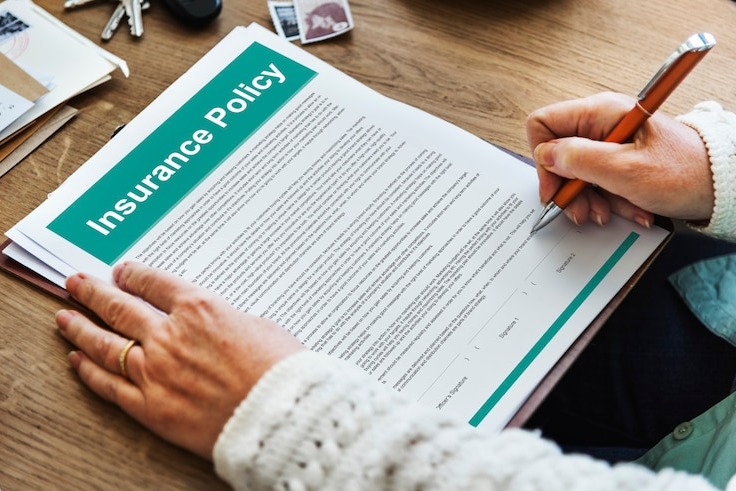The insurance claims process can be pretty confusing, especially for first-timers. You are required to provide details of the accident or incident, often under stressful circumstances. After that, you hope that the right people will step in to assess your situation and help you recover.
However, who are those people? Who actually handles your claim, and what do they do? Read on to learn more.
Who is responsible for handling my insurance claim?
Insurance claims are handled by adjusters. The first step when disaster strikes, whether a car accident or fire, is to get to safety. You’ll then need to call emergency services if there are injuries and the police to report the incident. Once safe, exchange information with other parties involved, document the scene and inform your insurer.
You can either contact your insurance agent or the insurance company directly. Your insurance company will assign an adjuster to handle your claim. An adjuster’s job is to investigate the incident, assess the damage or loss and recommend how much the insurance company should pay. This person becomes your main link in the claims handling.
What is an insurance adjuster, and what do they do?
An insurance adjuster is also referred to as a claims adjuster, claims specialist, or claims analyst. Their job is to investigate and manage insurance claims on behalf of the insurance company. Their responsibilities include:
· Examining the scene to understand how the accident occurred. For instance, in home insurance claims, they may interview neighbors and witnesses, take photos and review police reports to determine who is at fault.
· They review your policy to determine coverage. Key things include deductibles and coverage limits.
· They work with professionals to estimate the value of repairs or losses. For instance, they will engage roof experts if your roof is blown off.
· Once they have a figure, they will propose a settlement amount. The figure is not final; you can refuse if it doesn’t fit your claim or counteroffer.
· If you agree, they will report findings to the insurance company, and the insurance company will compensate you.
What’s the difference between a company adjuster, an independent adjuster and a public adjuster?
Not all adjusters work for your insurer. Here is the difference:
· Company adjuster: This is an associate of the insurance company. Their job is to protect the company’s financial interests while settling your claim.
· Independent adjuster: The insurance company hires them on a freelance or contractual basis. However, although they’re external, they still act in the insurer’s interest.
· Public adjuster: Public adjusters work solely for the policyholder. Their job is to maximize your payout. Most charge a percentage of your settlement.
Do I need a public adjuster for my insurance claim?
You don’t always need a public adjuster when filing an insurance claim. However, according to the experienced insurance agents at Quality 1st Insurance, you may require a public adjuster if:
· You’re facing a large or complicated loss, such as a total home rebuild or business insurance claims.
· The insurance company’s offer seems low.
· You feel overwhelmed by the claims process and don’t have the time or expertise to push back.
Public adjusters understand the fine print and can advocate for a higher payout. Just ensure they’re licensed in your state and work on a transparent fee structure.
What steps should I take immediately after an incident to file a claim?
The immediate action to take after an incident is to ensure everyone is safe. Call emergency services if anyone is hurt and report the incident to the nearest police station. From there:
1. Document the damages by taking photos and videos from multiple angles.
2. Protect the property to prevent further damage if you can do so safely.
3. Contact your insurer to start filing an insurance claim immediately. You can reach them by mail or phone.
4. Keep records such as receipts, logs of conversations and copies of all communications.
5. If possible, get an independent repair estimate to compare with the adjuster’s report. You might be leaving money on the table if you fail to do so.
6. Ask questions about anything you don’t understand.
Bottom line
Knowing who handles your insurance claim and what role they play gives you an upper hand. The process becomes manageable because you also know what to expect. You can then decide to bring in a public adjuster or negotiate independently.

